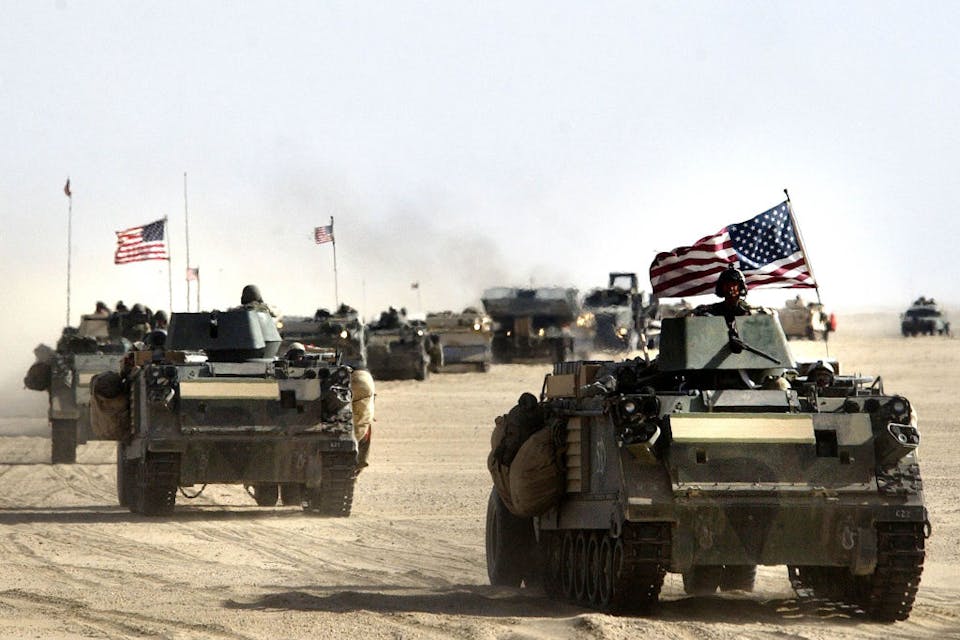
March 18, 2022
Podcast: Aaron MacLean on Deterrence and American Power
By Aaron MacLean, Tikvah Podcast at MosaicAmerica's adversaries are testing its boundaries more and more, a sign of its diminished deterrent power. A former Marine officer explains where it went and how to restore it.
This Week’s Guest: Aaron MacLean
The United States of America is the most powerful nation in the world. But it is facing tests of its credibility in multiple theaters of conflict. What do America’s adversaries believe about the capacity and will of the United States to respond with force? Has America’s deterrent power diminished? If so, can it be built up again?
On this week’s podcast, the security expert and former Marine officer Aaron MacLean walks through the history of American power in the 21st century, showing how the decisions of political leaders have affected America’s ability to deter belligerent actors, from George W. Bush’s decision to invade Afghanistan and Iraq to Barack Obama’s decision to refrain from striking Syria. And, in conversation with Mosaic’s editor Jonathan Silver, MacLean explains why effective deterrence is so important and what can be done to restore it.